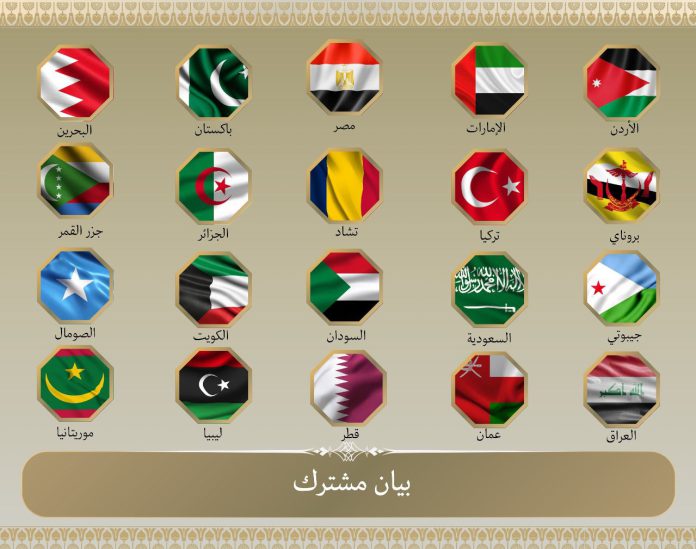In a significant show of diplomatic unity, the foreign ministers of 20 Arab and Muslim-majority countries have jointly condemned Israel’s recent attacks on Iran, urging all parties to de-escalate the rapidly intensifying conflict in the Middle East.
According to Egypt’s state-run news agency, the ministers issued a strongly worded statement expressing grave concern over what they described as a “dangerous escalation” in the region. The joint statement emphasized the importance of preserving regional stability, warning that continued hostilities could lead to broader conflict with devastating consequences.
The statement was issued by the foreign ministers of Egypt, Jordan, Pakistan, Bahrain, Brunei, Turkey, Chad, Algeria, Comoros, the United Arab Emirates, Djibouti, Saudi Arabia, Sudan, Somalia, Iraq, Oman, Qatar, Kuwait, Libya, and Mauritania.
The ministers collectively stressed the importance of respecting the sovereignty and territorial integrity of all nations, and urged both Iran and Israel to pursue peaceful means to resolve their differences. They called for adherence to the principles of good neighborliness, non-aggression, and international law.
A key part of the joint communiqué was a renewed call for a nuclear-free Middle East. The ministers underscored the urgent need to eliminate nuclear weapons and all other weapons of mass destruction from the region. In this context, they urged countries that have not signed the Treaty on the Non-Proliferation of Nuclear Weapons (NPT) to do so without delay. Notably, Israel is not a signatory to the NPT, a point that continues to draw criticism from many regional and international actors.
The ministers concluded their joint message by asserting that the current conflict cannot be resolved through military means. They urged the international community to intervene diplomatically and support efforts aimed at reducing tensions and preventing further bloodshed.
The statement marks one of the most comprehensive multilateral positions taken by Arab and Muslim states in recent years concerning the Iran-Israel standoff. It also reflects growing concern across the Muslim world regarding the humanitarian and geopolitical consequences of a prolonged conflict.
As tensions remain high, all eyes are on regional and global powers to facilitate dialogue and prevent the outbreak of a wider war.




